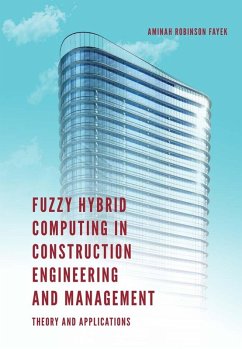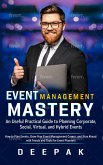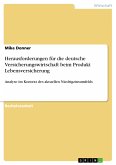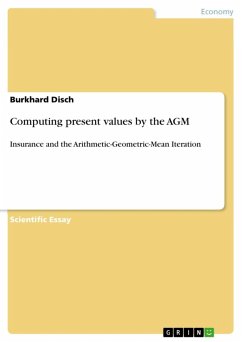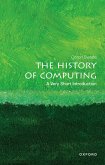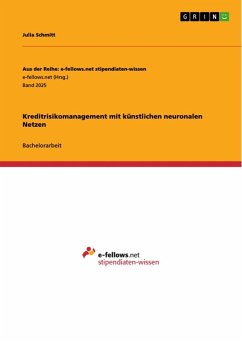This book provides an introduction to fuzzy logic and surveys emergingresearch trends and the application of state-of-the-art fuzzy hybridcomputing techniques in the field of construction engineering andmanagement. Authors cover the theory and implementation of fuzzyhybrid computing methodologies for arithmetic, optimization, machinelearning, multi-criteria decision-making, simulation, cognitive maps and datamodelling. The practical application of these techniques to solve real-worldproblems across a wide range of construction engineering and managementissues is also demonstrated and discussed.The completion of effectively planned, executed and controlled constructionprojects is dependent on numerous interacting factors and human activities,both of which introduce vagueness and subjective uncertainty into alreadycomplex processes. While expert knowledge is an essential component ofeffective decision-making, analysis and consideration of expert knowledgeexpressed in linguistic terms remains a challenging aspect of constructionengineering and management.Fuzzy logic, which has applications in many disciplines, has the potentialto address certain challenges inherent in construction engineering andmanagement, in part because of its strengths in modelling human reasoning,dealing with subjective uncertainty and computing with linguistic terms. However, fuzzy logic alone has a number of limitations that can only beovercome by its integration with other, complementary methodologies,together leading to advanced and powerful fuzzy hybrid computingtechniques.This book is of particular interest to students, researchers and practitionerswho want to learn about the latest developments in fuzzy hybrid computingin construction engineering and management.
Dieser Download kann aus rechtlichen Gründen nur mit Rechnungsadresse in A, B, BG, CY, CZ, D, DK, EW, E, FIN, F, GR, HR, H, IRL, I, LT, L, LR, M, NL, PL, P, R, S, SLO, SK ausgeliefert werden.

